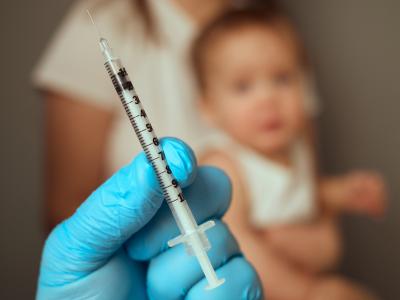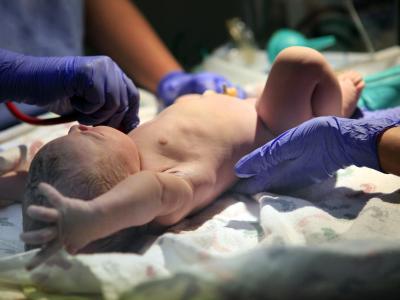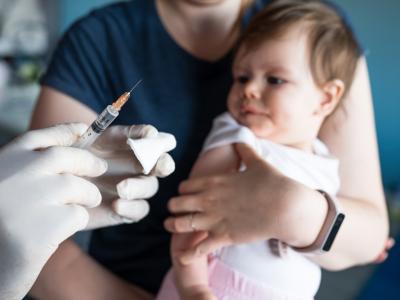A survey of pediatricians in Pakistan found insufficient knowledge of antibiotic use and antimicrobial resistance (AMR), researchers reported today in JAC-Antimicrobial Resistance.
The web-based survey was sent to 480 pediatricians from public and private sector hospitals in Pakistan, and 383 responded. Most respondents were male (87.7%), aged 35 years or younger (55.4%), working in tertiary hospitals (68.4%), and conducting 51 to 100 child consultations every day (45%).
Most pediatricians knew that antibiotics were not useful in treating viral infections (96.6%) and could cause secondary infections by destroying the body's normal flora (83.3%), but only 15% reported obtaining training on antibiotic usage and AMR, only 25.3% stated they were aware of antimicrobial stewardship, and only 7.6% confirmed a functioning antimicrobial stewardship program in their institutions. In addition, while 95% perceived AMR as a serious concern in Pakistan and 85.1% believed it is a significant problem in their hospital, only 27.4% believed antibiotics were being overprescribed in their hospital. Pediatricians with fewer years of medical experience had significantly lower knowledge scores regarding antibiotics and AMR, compared with those with more experience.
Barriers to stewardship
Most respondents said they were prepared to initiate antimicrobial stewardship programs, but perceived barriers included patients' non-adherence to prescribed medication and a lack of online learning sources, treatment guidelines, and support from hospital administration.
...only 15% reported obtaining training on antibiotic usage and AMR, only 25.3% stated they were aware of antimicrobial stewardship, and only 7.6% confirmed a functioning antimicrobial stewardship program in their institutions.
The study authors say the findings are concerning given the documented high rates of antibiotic prescribing among newborns and children in Pakistan. Previous studies have found prescribing rates of up to 99% in pediatric intensive care units and neonatal medical wards, and 91% in pediatric medical wards.
"These rates demonstrate appreciable differences in reality between knowledge scores regarding antibiotics and AMR and paediatricians’ actual prescribing practices," they wrote. "This discrepancy may arise from the fact that only a limited number of participating paediatricians received education on AMR and antimicrobial stewardship programmes as part of their undergraduate and postgraduate curriculum, and had received any training on these aspects in the last year."
The authors say the issue should be prioritized in Pakistan's National Action Plan on AMR.
%20(1).jpg)















